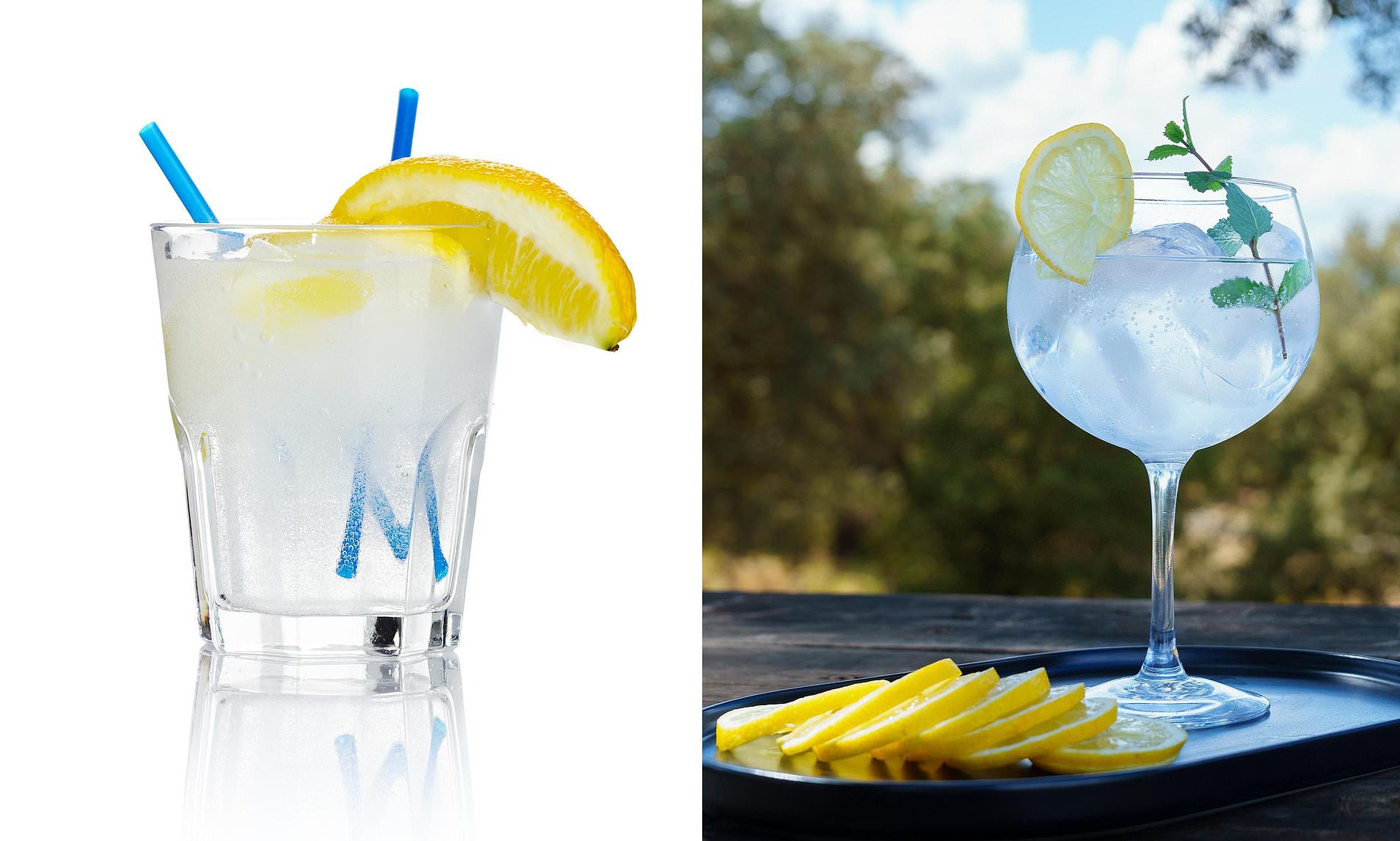
The Hidden Dangers of Diet Mixers: How Sugar-Free Drinks Can Increase Intoxication
While opting for a sugar-free mixer with your alcoholic beverage might seem like a health-conscious choice, new research suggests it could have unintended consequences, particularly when it comes to driving under the influence. Scientists are warning that diet mixers can lead to a more rapid increase in blood alcohol levels, potentially pushing individuals over the legal driving limit faster than they realize.
The study, conducted by researchers in the UK and Turkey, revealed that using diet mixers can increase alcohol levels detected in breath tests by nearly 10%. These elevated levels can persist for at least three hours after consumption. The findings corroborate previous research indicating that the presence of sugar in the stomach slows down the rate at which it empties. Conversely, the absence of carbohydrates allows alcohol to be absorbed directly into the bloodstream at a quicker pace.
The research team concluded that artificial sweeteners found in diet drinks accelerate the absorption of alcohol into the bloodstream, while sucrose, the sugar used in regular mixers, has a decelerating effect. This means that individuals who consume alcohol with diet mixers may experience a faster and more pronounced rise in their blood alcohol content (BAC) compared to those who use sugar-sweetened alternatives.
Implications for Public Safety
The researchers emphasized the need for greater public awareness regarding factors beyond the alcohol content of a drink that can influence intoxication levels and safe alcohol consumption. They cautioned that consuming alcohol without carbohydrates may increase the risk of exceeding the legal breath-alcohol limit and potentially leading to a false sense of security when it comes to driving.
The increasing popularity of alcoholic drinks with artificial sweeteners, often driven by a desire to reduce calorie intake or enhance the intoxicating effects of alcohol, raises particular concerns. While diet mixers may contribute to a lower calorie count, they can exacerbate the risks associated with higher blood alcohol levels.
The Science Behind the Effect
The study, conducted at Queen Mary University in London, involved measuring alcohol levels in breath samples and assessing the rate of stomach emptying. Twelve participants, comprised of eight men and four women aged 19 to 64, were given vodka mixed with either diet or regular cola, with the amount of vodka adjusted based on their individual body weight. For a person weighing approximately 70 kilograms (11 stone), this equated to roughly 100ml of vodka.
Breath-alcohol levels were measured every 15 minutes over a three-hour period. The results showed that breath-alcohol readings were, on average, 8.5% higher after participants consumed vodka with diet mixers compared to those who consumed vodka with regular mixers.
Researchers from Ankara University's Institute of Forensic Sciences in Turkey hypothesize that the absence of sucrose in diet mixers causes the stomach to empty alcohol more rapidly, thereby increasing its absorption rate into the bloodstream. This, in turn, leads to higher breath-test readings.
The Need for Further Research
While this study provides valuable insights into the impact of diet mixers on alcohol absorption, the researchers acknowledge the need for further, more diverse research. They believe that additional studies could enhance our understanding of alcohol metabolism and ultimately contribute to promoting safer drinking practices. This includes exploring the effects of different types of artificial sweeteners and investigating the impact on a wider range of individuals with varying body compositions and metabolic rates.
Key Takeaways
- Diet mixers accelerate alcohol absorption: Artificial sweeteners in diet drinks can lead to a faster rise in blood alcohol levels compared to sugar-sweetened mixers.
- False sense of security: Individuals using diet mixers may underestimate their level of intoxication and overestimate their ability to drive safely.
- Increased risk of exceeding legal limits: The faster absorption rate can increase the risk of exceeding the legal blood alcohol limit for driving.
- Public awareness is crucial: Consumers need to be aware of the potential impact of diet mixers on alcohol absorption and intoxication.
- Moderation is key: Regardless of the type of mixer used, responsible alcohol consumption is essential for personal safety and the safety of others.
- Consider alternatives: Opt for non-alcoholic beverages or explore other mixers with natural sugars in moderation.
- Don't drink and drive: Always designate a sober driver or utilize alternative transportation options to ensure a safe journey.


No comments:
Post a Comment